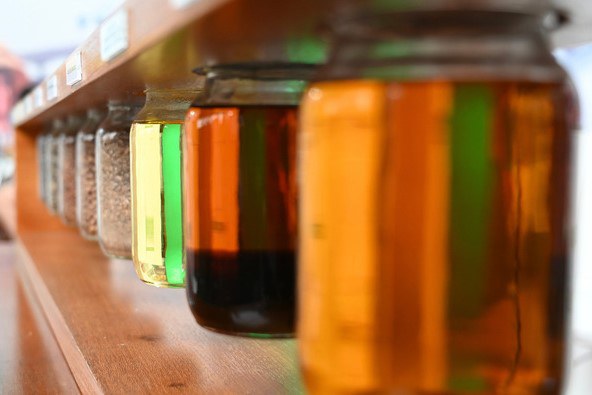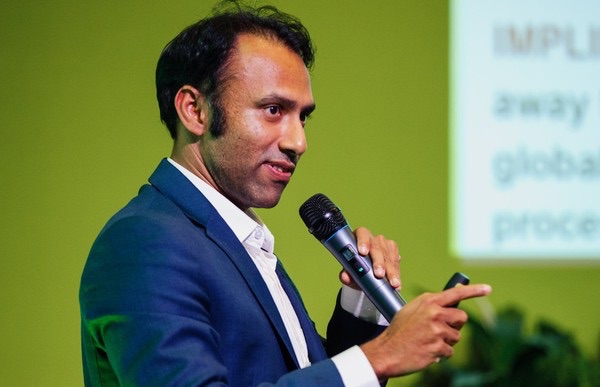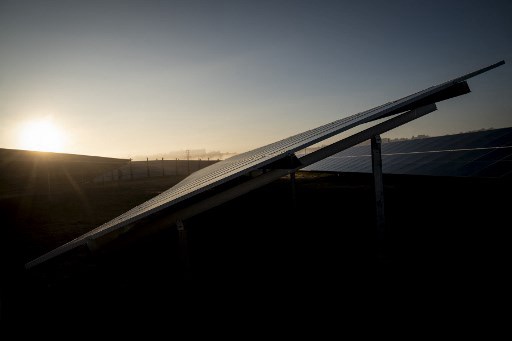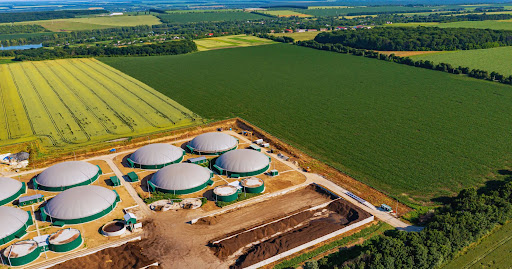Brazil produced 77 billion liters of biodiesel, bypassing emissions of 240 million tons of CO2, saving USD 38 billion in imports
The National Program for the Production and Use of Biodiesel (Programa Nacional de Produção e Uso do Biodiesel/PNPB) celebrated its 20th anniversary on Monday, January 13, consolidating its position as a milestone in Brazil’s energy transition. With the PNPB, Brazil produced 77 billion liters of biodiesel, preventing the emission of 240 million tons of CO2 and saving around USD 38 billion in diesel imports.
Created by Law No. 11,097/2005, the program brought significant environmental, social, and economic progress to Brazil by stimulating the production and use of biodiesel. Through this renewable fuel, the program contributed to energy security and the decarbonization of the Brazilian transportation matrix, transforming the lives of thousands of families in the countryside, and generating jobs and income for family farming.
“Over these two decades, the program has proven to be a powerful tool in combining social inclusion, emission reduction, and economic growth. With this successful history, we renew our commitment to the future, investing in an increasingly clean, accessible, and fair energy matrix, generating opportunities and jobs for our population, and serving as a model for the world. This program is a source of pride for Brazil,” celebrated the Minister of Mines and Energy Alexandre Silveira.
HISTORICAL MILESTONE — The growth of biodiesel’s share in the Brazilian energy matrix has been driven by the mandatory blending with commercial diesel. Currently, the established percentage is 14%; which should increase to 15% in March — as approved by Brazil’s National Energy Policy Council (Conselho Nacional de Política Energética/CNPE). In 2024, Brazil reached the historic milestone of 9 billion liters of biodiesel produced, demonstrating the importance of biofuels to the country.
FUEL OF THE FUTURE —In line with this objective, Law No. 14,933/2024 — known as the Fuel of the Future Law (Lei do Combustível do Futuro) — was established as the relevant legal framework, under the coordination of the Ministry of Mines and Energy (Ministério de Minas e Energia/MME), to leverage the biofuels presence in the Brazilian energy matrix. The measure has driven advances in the production and use of biomethane, consolidating the development of the new green industry in Brazil.
BIOMETHANE — Produced from organic waste and animal waste, biomethane replaces fossil fuels and contributes to reducing greenhouse gas emissions while also promoting a circular economy. In line with the objectives of the law, Petrobras launched a call for bids for the purchase of biomethane, encouraging the production of this renewable and sustainable fuel.
“The biomethane mandate is a milestone in Brazil’s energy future. We are reaping the benefits of a law that envisions a more sustainable country, thus promoting the new green industry and a stronger economy. This initiative demonstrates the commitment of our government and the efforts of the private sector to building a greener and more prosperous future for all,” highlighted Minister Alexandre Silveira.
PROGRAM INTEGRATION — The Fuel of the Future Law established a set of actions aimed at decarbonization and energy transition, such as the National Green Diesel Program (Programa Nacional do Diesel Verde); Aviation Biokerosene (Bioquerosene de Aviação/ProBioQAV); and incentives to carbon capture and storage (CCS). The policy also includes initiatives such as the National Biofuels Policy (Política Nacional de Biocombustíveis/RenovaBio); the Green Mobility Program (Programa de Mobilidade Verde/Mover); the Brazilian Vehicle Labeling Program (Programa Brasileiro de Etiquetagem Veicular/PBEV); and the Vehicle Air Pollution Control Program (Programa de Controle da Poluição do Ar por Veículos/Proconve).
The program also establishes new minimum and maximum percentages for the blending of ethanol with C gasoline and biodiesel with diesel, sold to consumers at gas stations across Brazil. The National Energy Policy Council (Conselho Nacional de Política Energética/CNPE) will be responsible for assessing the feasibility of the targets for increasing the blend, and may reduce or increase the percentage between the limits of 13% and 25%, in the case of biodiesel, and 22% and 35%, for the blending of ethanol and gasoline.
BRAZILIAN PROTAGONISM —With concrete results, the Fuel of the Future Law reaffirms Brazil’s commitment to leadership in global energy transition and sustainable development. “This is yet another victory that demonstrates the country’s leading role in building a greener and more prosperous future,” concluded Minister Silveira.
Source: Gov.br




